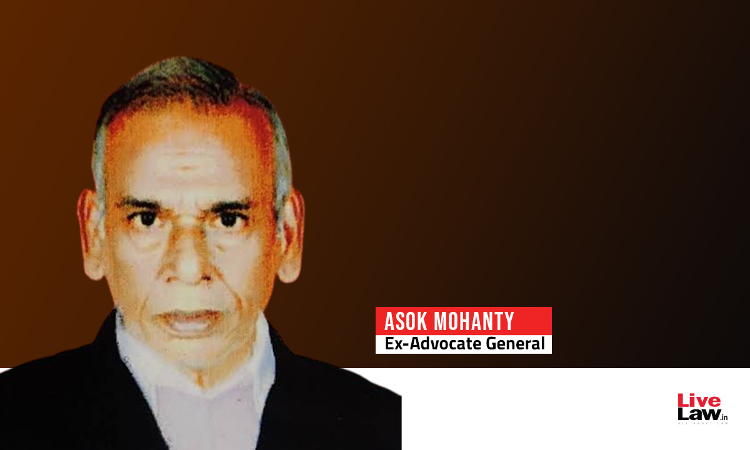The Orissa High Court has recently denied relief to former Advocate General ('AG') for the State, Ashok Mohanty, by rejecting his revision petition against a Trial Court order which had dismissed his discharge petition in a case which is allegedly linked with Artha Tatwa ponzi scam. Pradeep Sethy, the proprietor of the Artha Tatwa group of companies allegedly duped a number of...

